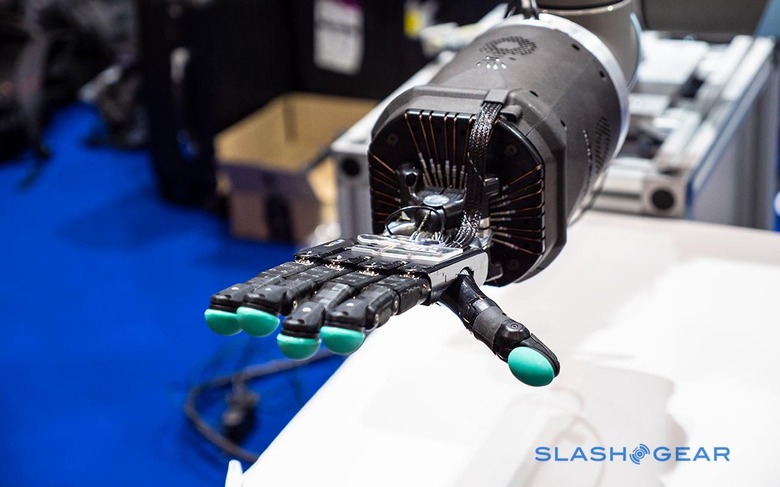Sony just teamed up with a robot avatar company with big ambitions
Sony and remotely-controlled robot startup Avatarin are teaming up to make telepresence avatars smarter, borrowing tech from Aibo and more. It's the latest move by the freshly-founded Sony AI, the Japanese firm's incubator for next-gen robotics, artificial intelligence, sensor technology, and more, that was set up back in April.
Avatarin was also created in April 2020, a spin-out of airline ANA. Rather than physically move people as per its parent, Avatarin focuses instead on how people could use telepresence and avatar robots – remotely controlled from afar to give a virtual sense of physical presence – to "instantaneously transport their consciousness, skills and presence to remote locations."
The company has already shown off an in-store robot, intended to allow virtual customers to browse the aisles. Resembling a tablet atop a column of spongy shapes, all mounted on something like a bulbous Roomba, the robot can be operated through a browser. Other robots in development have sensitive artificial hands.

For them to really be useful, however, Sony AI and Avatarin are counting on a number of factors. Sony AI will contribute its machine learning and robotics technology, as we've seen with Aibo, the robot dog. Sony Group's sensing and actuator device technology will provide visual and other senses for the avatars, along with the motors used to operate their limbs. Avatarin, meanwhile, will bring its remote-controlled robot tech, its platform, and its established partnerships.
The upshot isn't just fancier shopping experiences at exclusive boutiques. While the two companies do envisage remote control robots being used in offices and stores, they could also be deployed in places where human teams might find it difficult to venture. Avatars might be used in labs or hospitals, for example, where conditions were potentially dangerous to human physiology.

"For the full scale deployment of avatars, we need to combine a wide range of technologies such as robotics, sensors, AI, user interaction, and high-speed communication networks, in addition to the fleet management and service management knowhow to operate avatar fleets consistently and reliably," Hiroaki Kitano, CEO of Sony AI, explains. "It is also expected that there will be an increasing demand for various remote robotic solutions that can perform physical tasks, especially in high-risk environments and situations where human contact and movement are restricted."
It's ambitious, but the result could be smarter robots we live and work alongside. One of Avatarin's concepts is a set of articulated robotic arms that are worn like a backpack, and which can collaborate with the wearer's own hands when remotely-controlled by an operator elsewhere in the world. With the right AI and sensing technology, such arms wouldn't necessarily need to be manually operated, and instead would work with the wearer in a more intuitive way.
